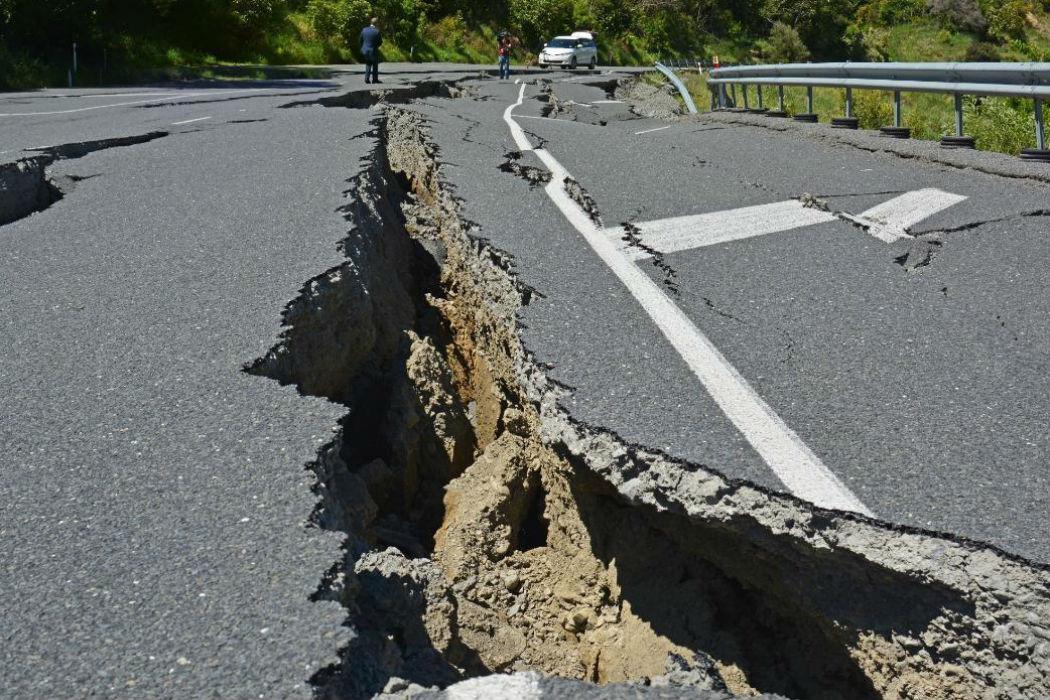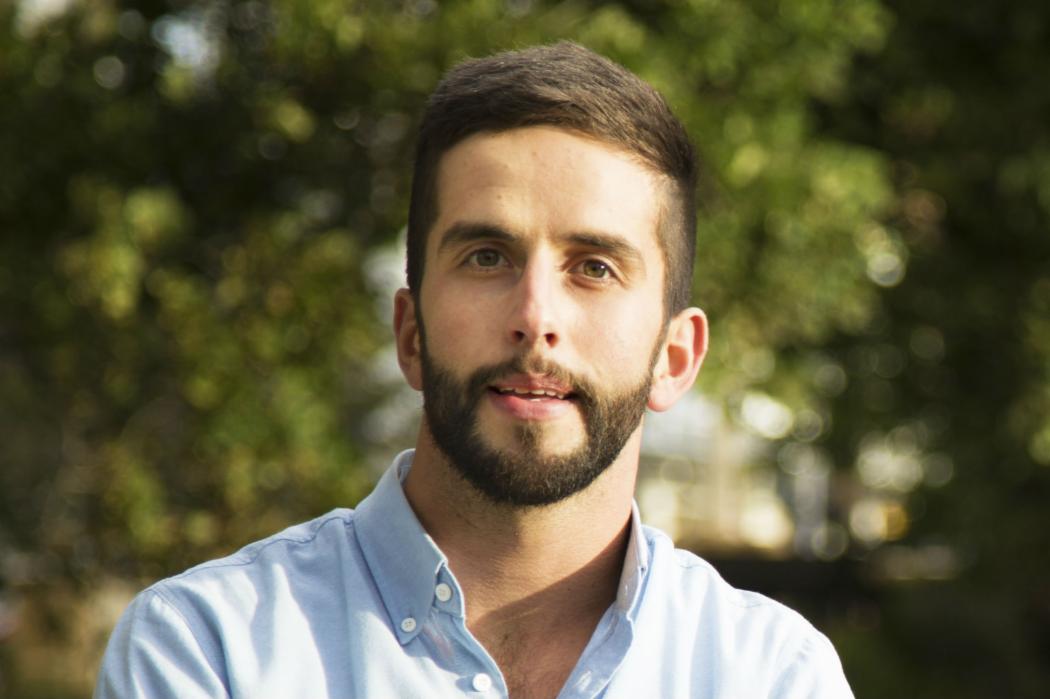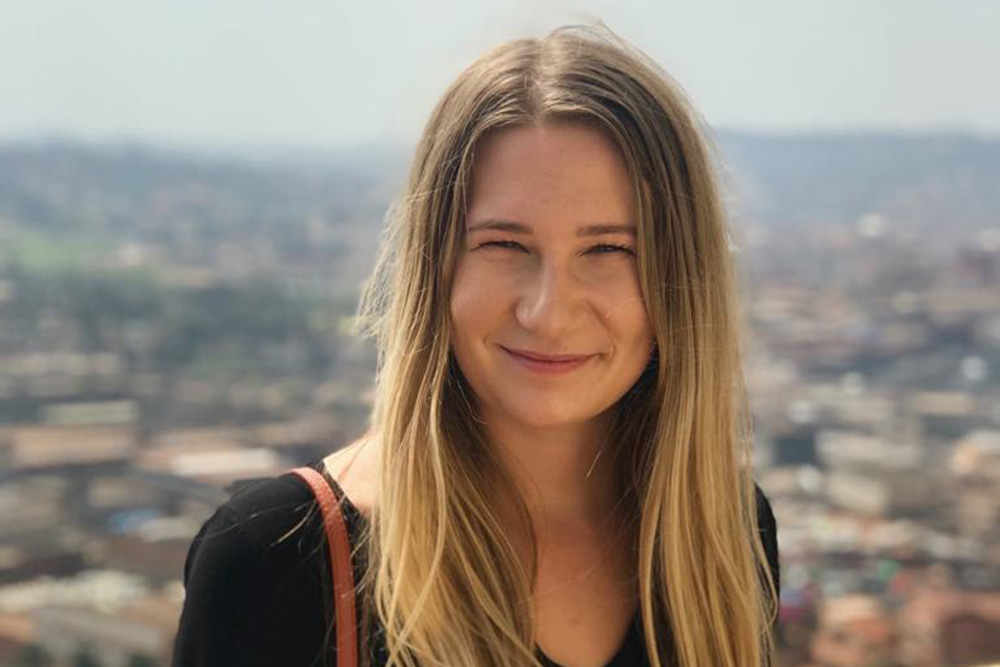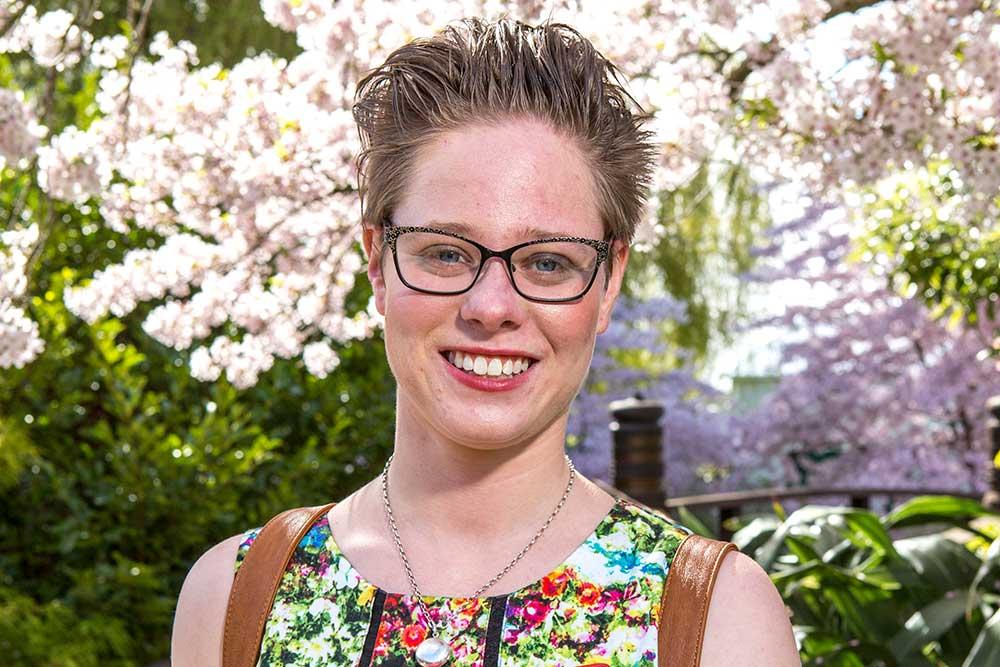Disaster Risk and Resilience
Introduction
The United Nations defines a disaster as a disruption of social and community function, involving so many losses and destructive impacts that affected communities and regions are unable to cope using their own resources. Global efforts to reduce the impacts of disasters over the last decade have failed to keep up with growing exposure of people and assets to natural and other hazards, which is generating new risks and a steady rise in disaster-related losses. To reverse this trend, UN member nations ratified the Sendai Framework for Disaster Risk Reduction in 2015.
The Sendai Framework calls for a broader, more people-centred, preventative approach to disaster risk reduction, in which communities, government and private sectors, civil society organisations, academia, and research institutions work together to build resilience and develop collaborative disaster risk reduction practices.
Learning ways to manage the risks from natural hazards is a relevant and fascinating area of study.










